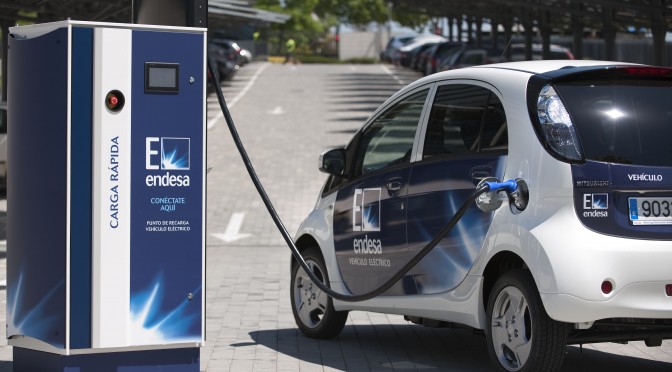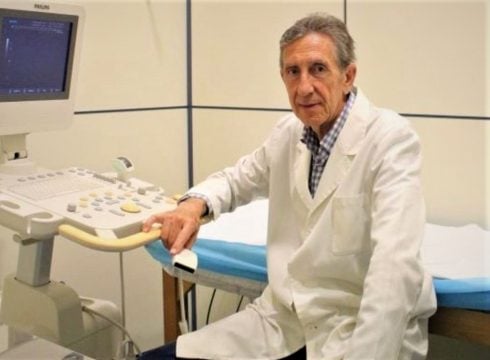LEADING electricity provider Endesa and the European Investment Bank (EIB) are partnering in an initiative to fully integrate Spain’s road networks to become ‘electric friendly’.
The pair will inject €35 million into the scheme which will see the installation of 8,500 electric vehicle charging points across the country.
Work will begin this year with the planned installation of 2,000 in the country’s urban areas and major motorways.
The aim will be to cover 15,000 kilometres of motorway in 2020 with new charging points every 100 kilometres.
Cities with populations of over 35,000 will also be targeted to ensure that the majority of electric and hybrid car owners are covered.
The remainder of the installations will roll out over the next three years, with the goal of 8,500 new points by 2023.
So far, Spain has a total of just 9,000 charging points.
But guidelines issued by the European Commission’s European Green Deal suggest that Spain needs to increase that total to over 120,000.
Outlined in the deal, the European Commission aims to reach 1 million charging points across the EU by 2025, meaning Spain is under immense pressure to step up their part.
The EIB calculates that once the first phase of installations are complete, over 57,000 tonnes of CO2 will be saved, a major step towards Spain’s plan to be carbon neutral by 2050.
“The decarbonisation of transport is key to meeting our goal of achieving climate neutrality by 2050. This is why we are happy to join forces with Endesa to promote investment in infrastructure facilitating the use of electric vehicles while also contributing to the recovery of the Spanish economy,” said EIB Vice-President Emma Navarro.
“The EIB will lend its full support to Spain by financing investments helping it to overcome this crisis and move towards a low-carbon economy,” she said.
Endesa CEO Jose Bogas told of the company’s gratitude of receiving help from the EIB, saying: “Being supported by the EU climate bank guarantees the solidity of Endesa’s proposal to revitalise the country, the economy and the environment.”
Navarro estimates that the project will bring an initial 600 jobs throughout the installation of the points, and a further 40 in the operating once in place.
Endesa and the EIB are also hoping that the improved electric charging network will revitalise Spain’s fluctuating motor industry.
The news will be music to the ears of leading Spanish car manufacturer Seat, which recently invested €5 billion into its manufacturing plants.
Banking on the sales of its first foray into the electric vehicle market, the Mii and the el-Born, Seat will be hoping to avoid the fate of its rival Nissan, which recently closed its Barcelona plant.





